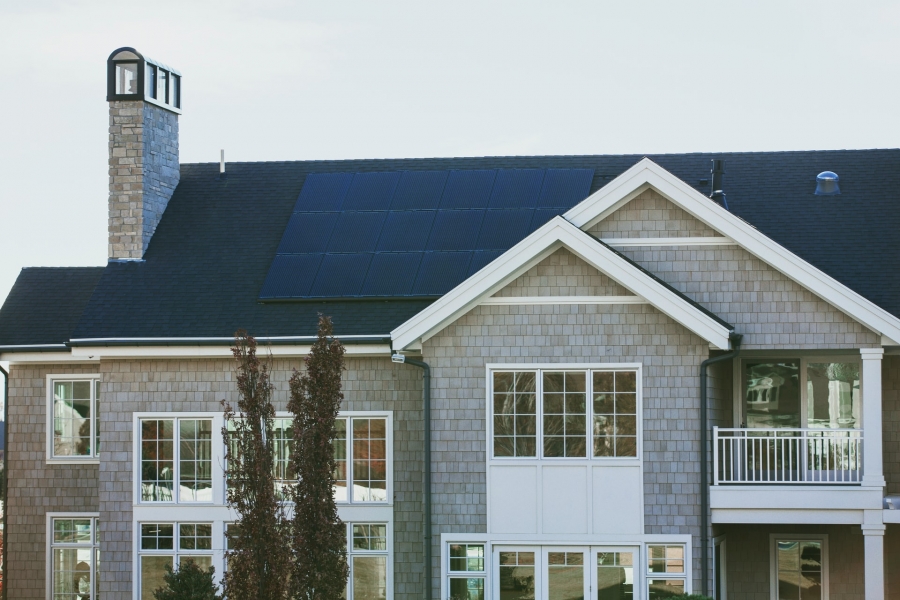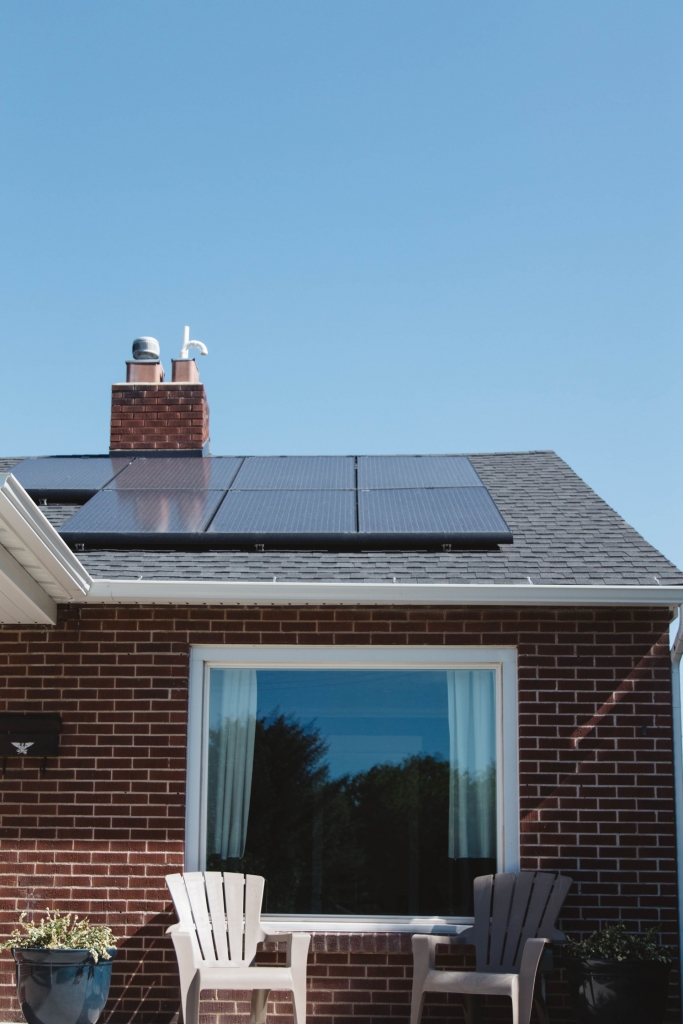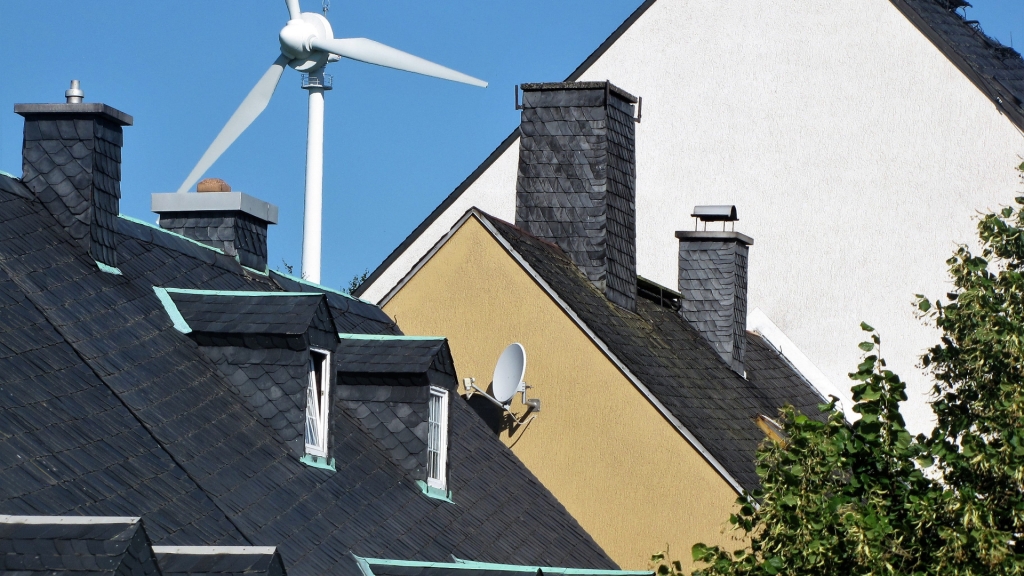General
7 Ways You Can Power Your House

In case you are remodeling your home and are considering a more eco-conscious approach, you are probably looking into various ways of powering your house. Relying on renewable resources might seem like a costly endeavor but in time, you will see many benefits, from saving a lot of money to not having to rely on the grid. So, what options are on the table when considering eco-friendly ways of producing energy for your home? Keep on reading to learn more.
Solar panels
It is probably the first thing that comes to mind when discussing alternative ways of powering a home. Solar panels are usually installed on the roof; however, if you have enough space in your yard, they can also go on the ground. Depending on your needs and means, there are different types of systems to consider. In addition to the wattage, capacity, and power output, you also need to know if you want an on-grid, off-grid, or a hybrid solar power system. Keeping in mind the fact that solar panels are becoming more and more popular, their prices are dropping as well, which means that you might not need a loan or government incentive to purchase a system for your household. What is more, while they do work best when it is sunny, solar panels still produce some energy even when cloudy.
Solar ovens
While on the topic of solar – maybe you cannot afford a solar system to power your entire home but you can look into having certain parts of your home powered by the sun’s rays. For example, a solar oven is a great way to prepare food when you don’t have electricity. You can buy one or build it on your own and harness the energy of the sun to make your meals regardless of where you are.
Solar water heating
Another way to utilize the sun’s energy is to install solar-powered water heaters. These will not produce electricity; they will simply heat up your water. The water is stored in a tank and can be used through faucets and showerheads as well as be pumped through the radiators if that is what you use for heating. Over time, you will see how much cheaper this approach is as opposed to heating your water by using gas or electricity so don’t hesitate to call an electrician, like those from Sparkys NOW, to install a solar hot water system.
Solar air conditioning

Working in the same way as a solar water heater, solar air conditioning uses that water to help you cool down or heat up your home. Traditional ACs use more electricity than any other home appliance so solar air conditioning is a great way to cut these costs.
Wind turbines

Moving on from solar to wind power. You have probably seen huge wind turbines on open land or floating offshore. However, you do not need a wind farm to benefit from the power of the wind. If your property is big enough, you can install a wind turbine of a smaller variety and power your home using this alternative. Wind is more stable than solar power and depending on where you live, there might be more wind than sunlight. On the other hand, there are some downsides to keep in mind. First of all, research whether there are any zoning restrictions or local laws that apply to you and prevent you from installing a wind turbine. Then, be aware that certain models can be quite noisy and not all that aesthetically pleasing.
Hydropower
Next up – hydropower. Yes, this alternative is not an option that everyone can turn to. However, if you happen to have a source of flowing water on your property, you can use its power to create electricity for your house. If you have some engineering knowledge, you might be able to do this on your own but it would be for the best to hire an expert who can help you come up with the best way to set up a hydroelectric generator. Hydropower is even more reliable than wind and solar. As long as there is water that is flowing, you will have power for your home.
Geothermal heat pumps
Finally, we cannot overlook the power that is right at our feet. Seeing as how the soil temperatures are usually cooler than the summer air and warmer then the winter air, installing a geothermal heat pump will help keep your home cool and warm, respectively. Geothermal systems are more efficient than conventional ACs and gas furnaces. This project requires plenty of digging and a lot of materials, which puts it on the pricier side of alternative sources of energy. However, you can look into government incentives that will aid you with this endeavor.
If you are looking for an alternative way of powering your home, you will do well by looking into the above-mentioned options. Over time, you might be able to turn these renewable sources into an extra income by selling power back to the grid.
-

 Tech11 years ago
Tech11 years agoCreating An e-Commerce Website
-

 Tech11 years ago
Tech11 years agoDesign Template Guidelines For Mobile Apps
-

 Business6 years ago
Business6 years agoWhat Is AdsSupply? A Comprehensive Review
-

 Business10 years ago
Business10 years agoThe Key Types Of Brochure Printing Services
-

 Tech8 years ago
Tech8 years agoWhen To Send Your Bulk Messages?
-

 Tech5 years ago
Tech5 years ago5 Link Building Strategies You Can Apply For Local SEO
-

 Law5 years ago
Law5 years agoHow Can A Divorce Lawyer Help You Get Through Divorce?
-

 Home Improvement6 years ago
Home Improvement6 years agoHоw tо Kеер Antѕ Out оf Yоur Kitсhеn































